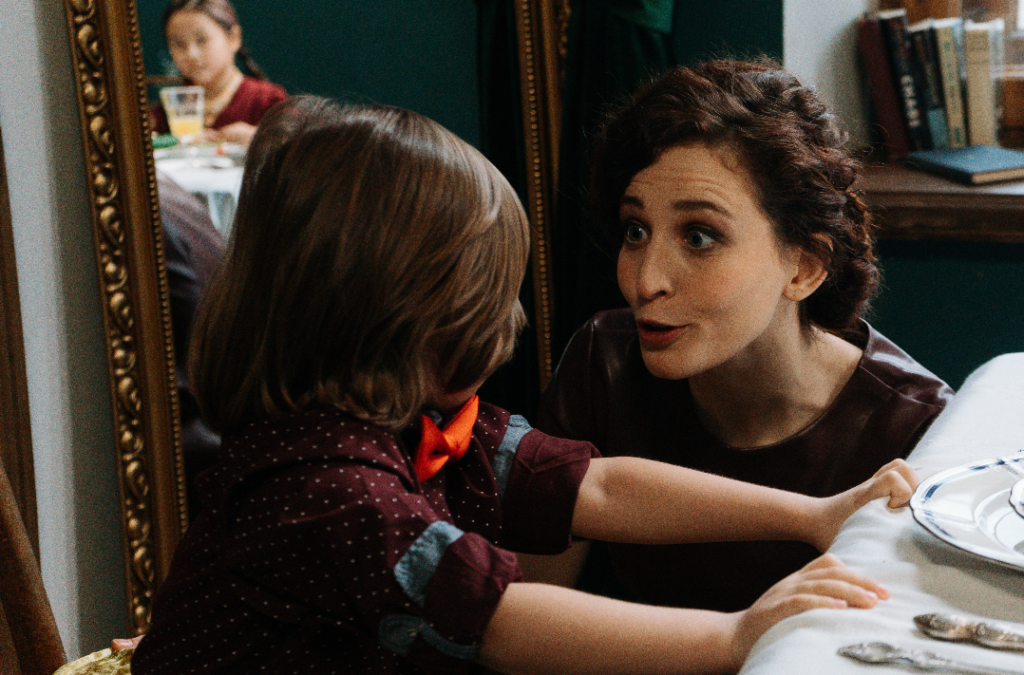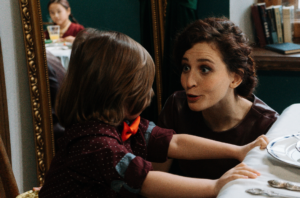It’s a common saying that “it takes a village to raise a child”. In the whirlwind of early parenthood, the support network we rely on can make all the difference. In the symphony of child-rearing, one critical player that often doesn’t get the spotlight it deserves is the nanny.
The nanny, an ally in child-rearing
When we think of a nanny, we often associate the role with help – a pair of hands to manage the children while parents are otherwise occupied. However, a nanny is much more than that; they are an integral part of a child’s life. If you were to find a nanny in london, for example, it wouldn’t be a simple transaction of services for payment. It’s a relationship built on trust, nurturing, and shared responsibility.
One might recall the famous scene from the movie Mary Poppins, where the magical nanny, through her wit and wisdom, not only takes care of the children but also helps the family understand each other better. Although we may not all have magical nannies, a good nanny brings a kind of magic into our homes through their dedicated care and support.
Empowering parents, especially mothers
Historically, the role of a nanny has been fundamental in empowering women. In the early 20th century, when societal norms dictated women’s role as homemakers, nannies were the unsung heroes that allowed women to step outside these confines. They took care of the children and household chores, giving women the opportunity to pursue their ambitions and careers.
Today, with more dual-working households and the increased pressures of modern life, the role of a nanny is as vital as ever. By sharing the child-rearing responsibilities, they provide parents with the time and space to rest, pursue their professional goals, or even just catch a moment of peace amid the chaos of parenting.

The multifaceted role of a nanny
A nanny’s role is not limited to taking care of the child’s physical needs. They also contribute significantly to the child’s emotional and social development. Here are some roles a nanny often takes up:
- Educator: nannies aid in teaching children basic skills such as reading, writing and arithmetic. They can also introduce children to arts, crafts, and other creative pursuits.
- Mentor: a nanny can guide children through social situations, helping them develop good manners and understand acceptable behaviour.
- Friend: a nanny can provide companionship, particularly for an only child or for children whose parents have demanding jobs. Nannies also provide a new social context for kids : they often work with children from multiple families, enabling encounters that may not have had taken place otherwise.
- Role Model: nannies can instill values and principles through their behaviour and interactions with the child.
The nanny as a lifeline
In our busy lives, nannies are more than just caregivers. They’re educators, mentors, role models, and most importantly, allies in the challenging journey of raising children. They support parents and ensure that children are nurtured in a loving, secure environment. Recognizing their invaluable role is a step towards a healthier, happier parenting experience. After all, when it comes to raising children, every helping hand matters.







